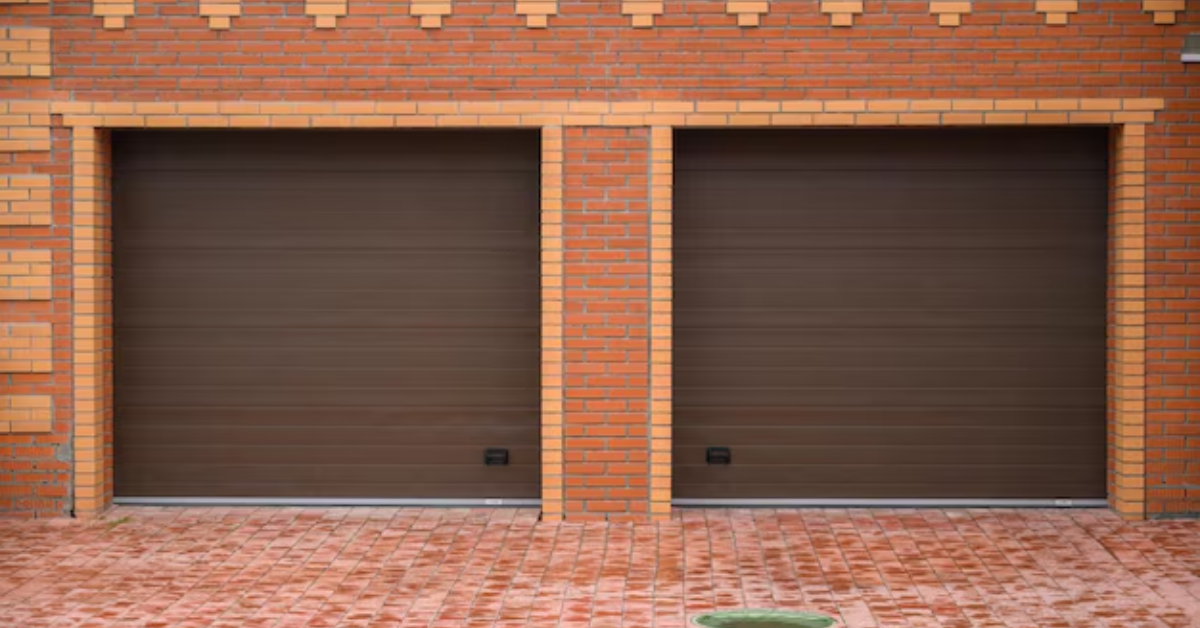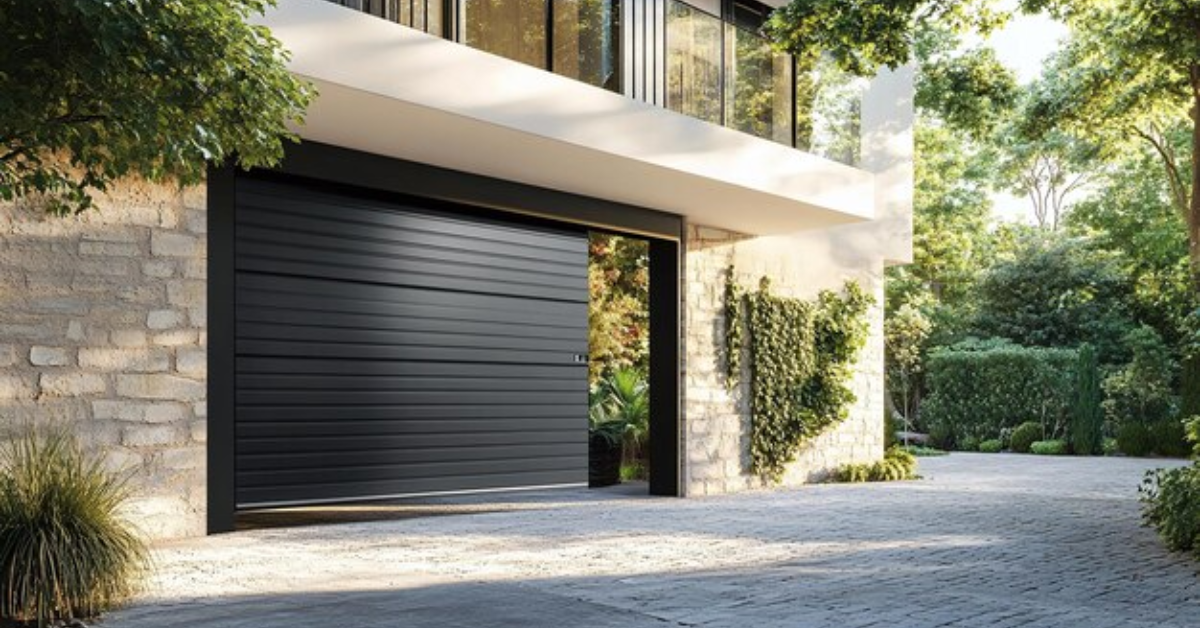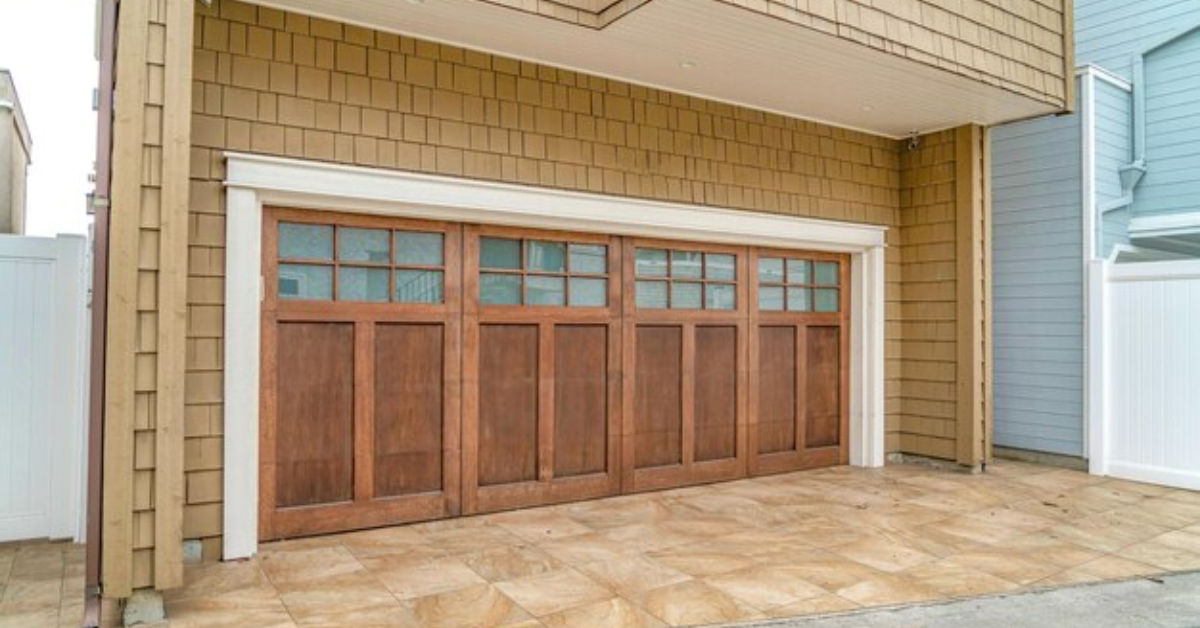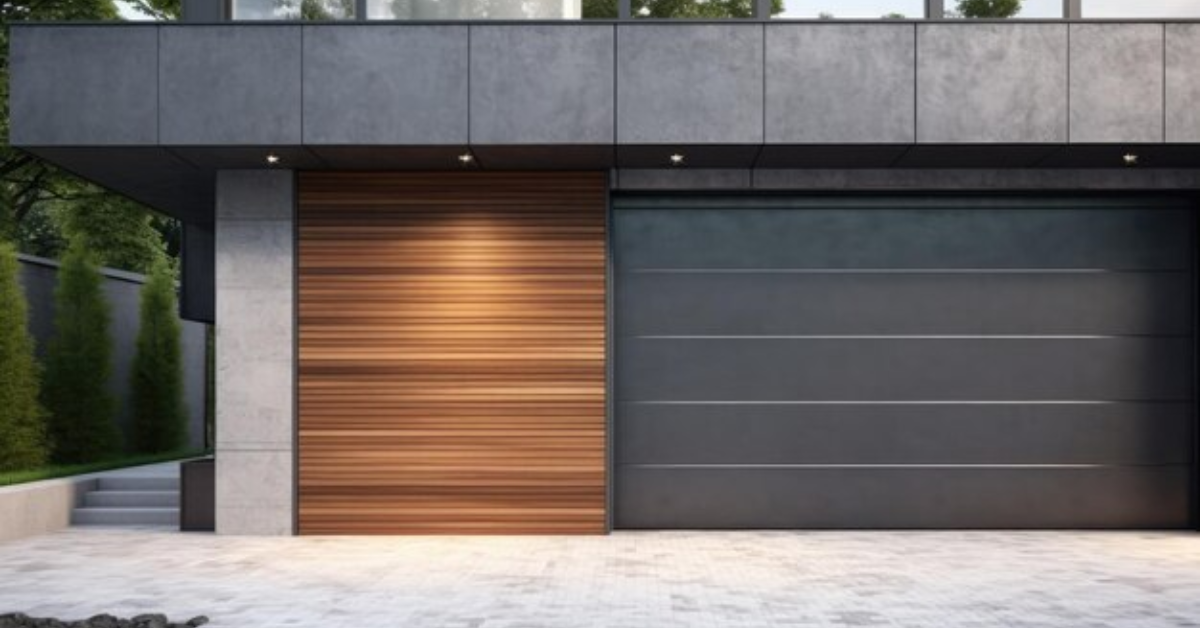How To Fix A Squeaky Automatic Garage Door?
A squeaky automatic garage door can be a nuisance, and if left unattended, it may lead to further mechanical issues. The high-pitched noise often results from friction, loose parts, or lack of lubrication. Fixing a squeaky garage door is relatively simple and does not always require professional help. With proper maintenance, you can ensure that your garage door operates smoothly and quietly. In this guide, we will walk you through the steps to identify the cause and fix the squeaking noise effectively.
Why Is Your Garage Door Squeaking?
Before attempting any repairs, it's essential to understand what might be causing the squeaking. Here are some common reasons:
- Lack of Lubrication: Over time, the moving parts of your garage door, such as hinges, rollers, and tracks, can dry out, causing friction and noise.
- Loose Nuts and Bolts: Constant movement can loosen hardware components, leading to vibrations and squeaks.
- Worn-Out Rollers: Metal or plastic rollers may wear out over time, making them noisy during operation.
- Misaligned Tracks: If the garage door tracks are out of alignment, they can create friction against the rollers.
- Rust and Dirt Build-Up: Accumulated dirt, grime, and rust can contribute to the squeaking sound.
Step-by-Step Guide to Fix a Squeaky Garage Door
1. Inspect the Garage Door
Start by carefully examining the entire garage door system. Open and close the door a few times while listening closely to pinpoint where the noise is coming from. Check the rollers, hinges, tracks, and springs for visible signs of wear, dirt, or damage.
2. Tighten Loose Nuts and Bolts
Using a socket wrench, tighten any loose nuts and bolts on the door panels and tracks. Be cautious not to overtighten, as this could strip the threads or put too much pressure on the system.
3. Clean the Tracks
Dirt and debris can accumulate in the tracks, causing the rollers to make noise as they move. Use a damp cloth to wipe down the tracks. For stubborn grime, use a mild household cleaner or degreaser. Avoid using lubricant on the tracks, as it can attract more dirt over time.
4. Lubricate the Moving Parts
One of the most effective ways to silence a squeaky garage door is by applying a high-quality silicone-based lubricant or white lithium grease to the moving parts.
Focus on the following components:
- Rollers: Apply lubricant to the ball bearings inside the rollers (if they are not plastic).
- Hinges: Lubricate the pivot points to reduce metal-on-metal friction.
- Springs: Lightly spray torsion and extension springs to ensure smooth movement.
- Bearings and Pulleys: If your system has bearings, apply lubricant to keep them operating quietly.
Avoid using WD-40 as a lubricant—it is a degreaser and will not provide long-term lubrication.
5. Replace Worn-Out Rollers
If your garage door has metal or plastic rollers and they appear worn, consider replacing them with nylon rollers. Nylon rollers are quieter and require less maintenance than metal ones.
6. Adjust the Garage Door Tracks
Misaligned tracks can cause the rollers to rub against the metal edges, producing a squeaking noise. To fix this:
- Loosen the screws holding the tracks in place.
- Gently adjust them so they are straight and aligned.
- Retighten the screws securely.
Make sure the rollers are not pressing too hard against the track, as this can also cause friction.
7. Check and Maintain the Garage Door Springs
Torsion and extension springs are under high tension, and if they are worn out or dry, they can create a squeaky sound. Apply lubricant carefully, but do not attempt to adjust or replace springs on your own—this can be dangerous. If the springs appear damaged or rusted, call a professional for replacement.
8. Inspect the Garage Door Opener
Sometimes, the source of the squeaking noise is the garage door opener itself. If the motor chain or belt is dry, apply a small amount of lubricant to keep it running smoothly. If the opener is making excessive noise, it may be time to service or replace it.
9. Test the Door
After completing these steps, open and close the garage door multiple times to ensure the noise is gone. If the squeak persists, recheck the problem areas or consider consulting a professional.
When to Call a Professional
If you’ve tried all the above steps and the garage door still squeaks, or if you notice broken springs, severe track misalignment, or motor issues, it’s best to call a professional garage door technician. Attempting to repair high-tension components like torsion springs without proper tools and expertise can be dangerous.
Final Thoughts
A squeaky automatic garage door can be annoying, but in most cases, it’s an easy fix with some basic maintenance. Regular lubrication, tightening hardware, and keeping the tracks clean can prevent noise and ensure smooth operation. By following these steps, you can extend the lifespan of your garage door and avoid costly repairs in the future.
If the problem persists or if you suspect a more serious issue, don’t hesitate to seek professional help. A well-maintained garage door not only enhances convenience but also improves home security and overall functionality.




